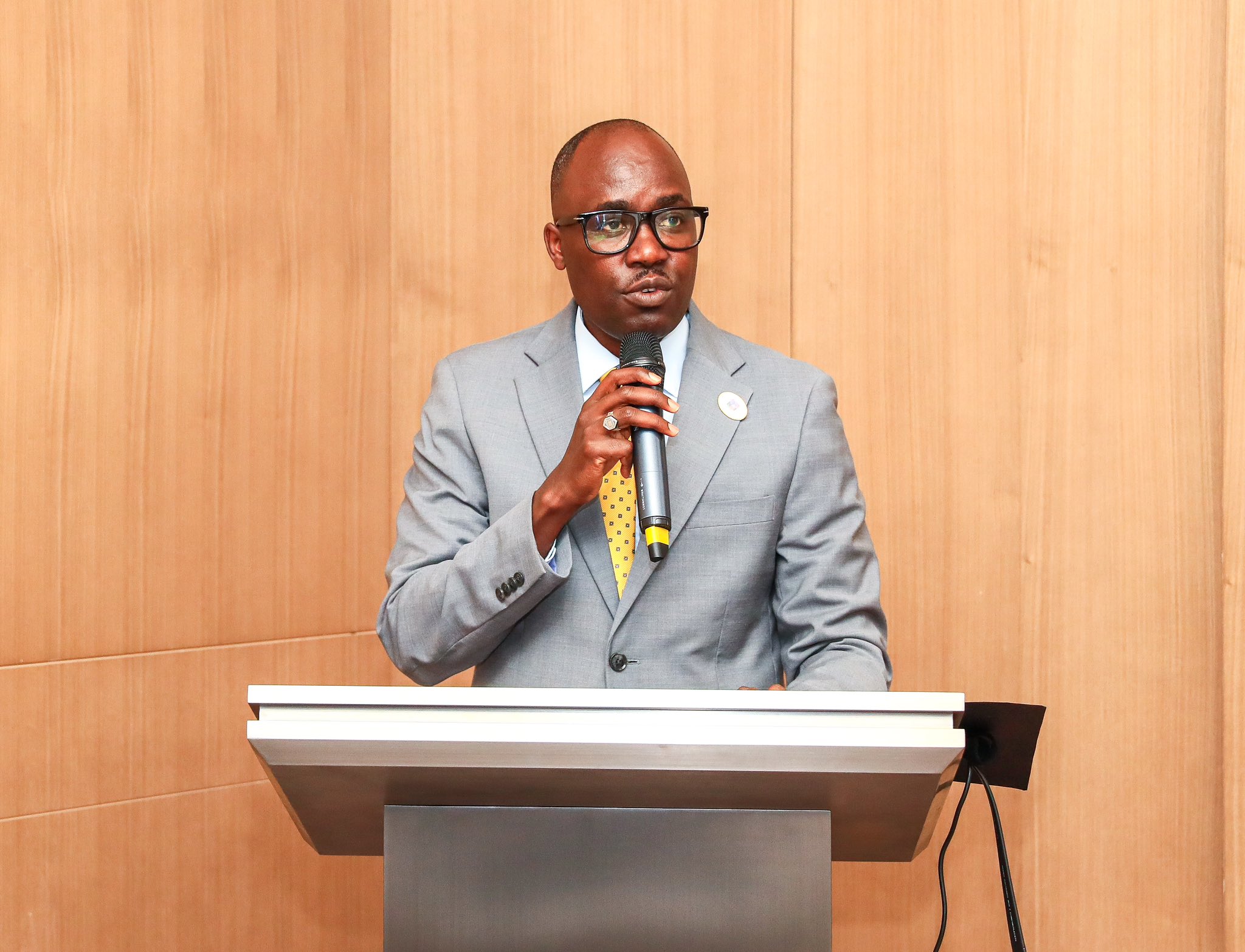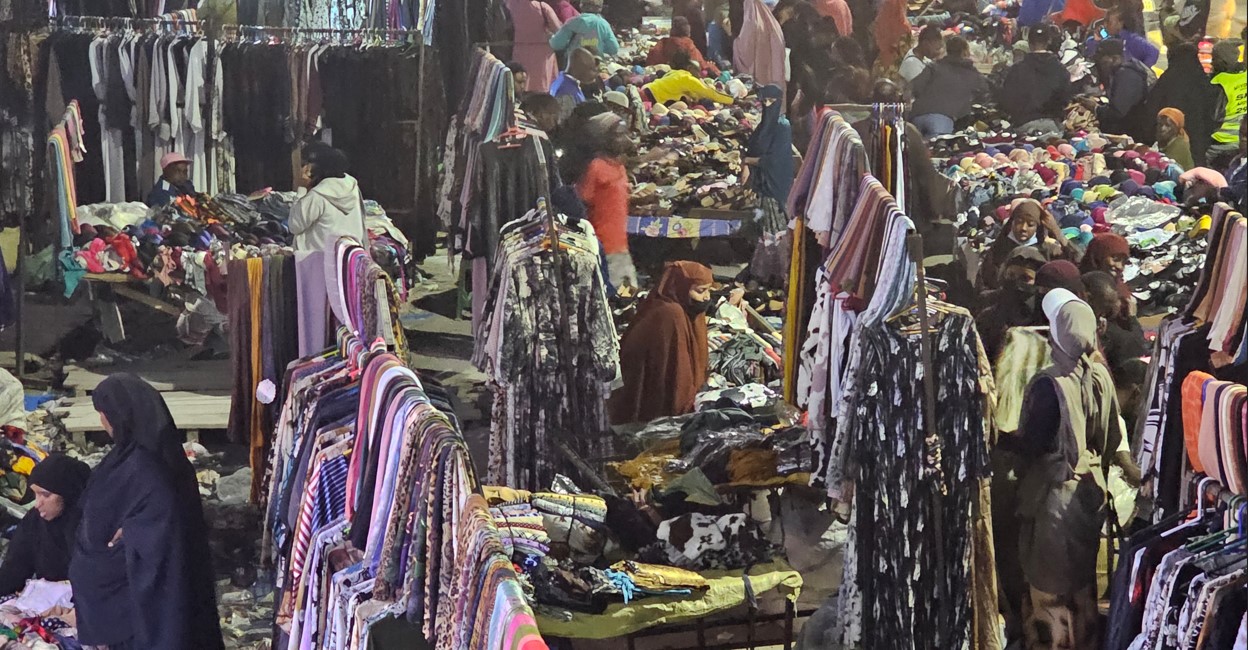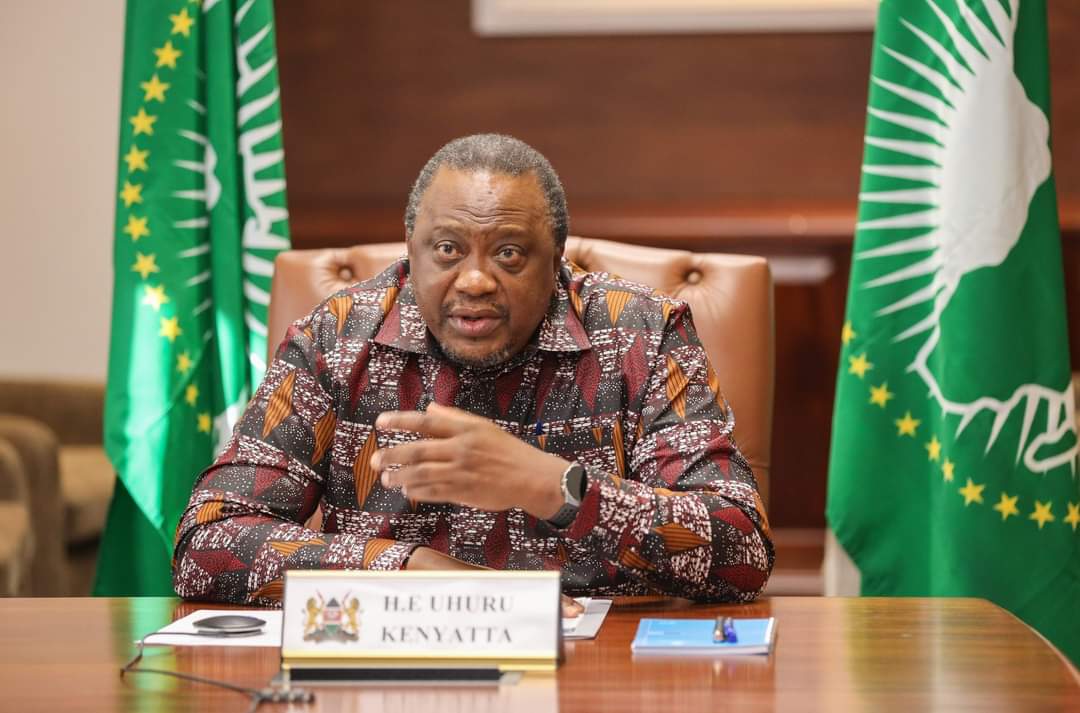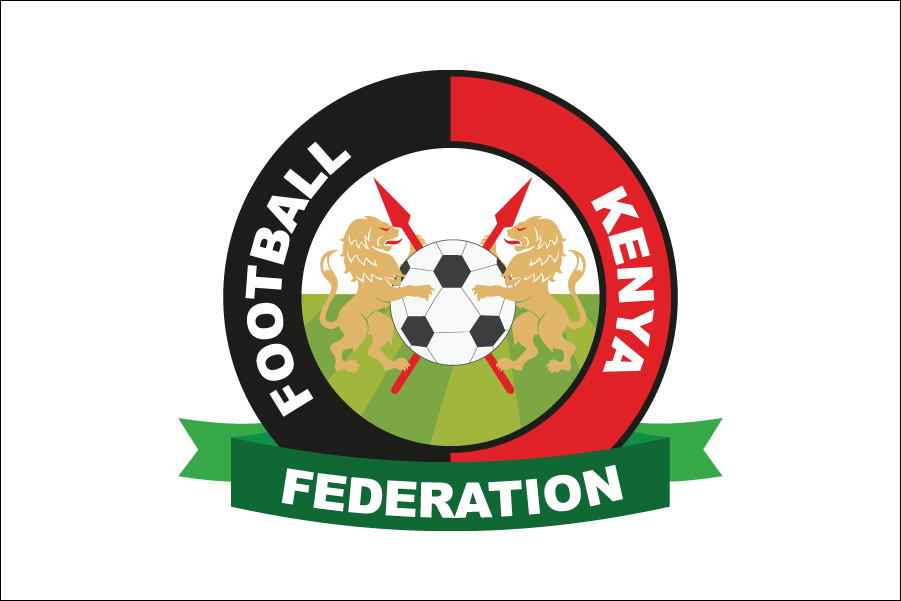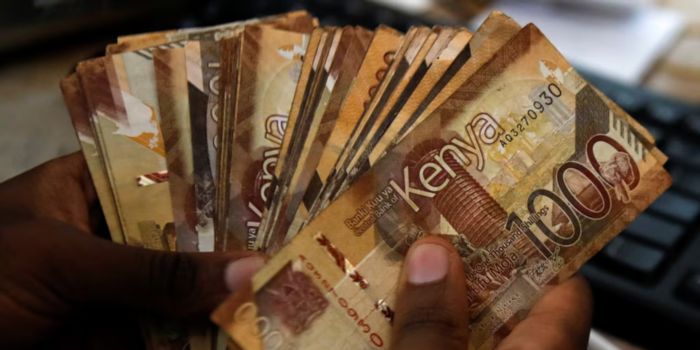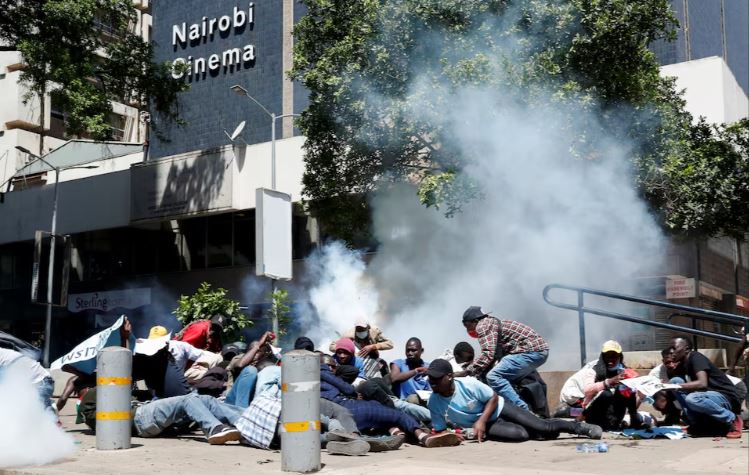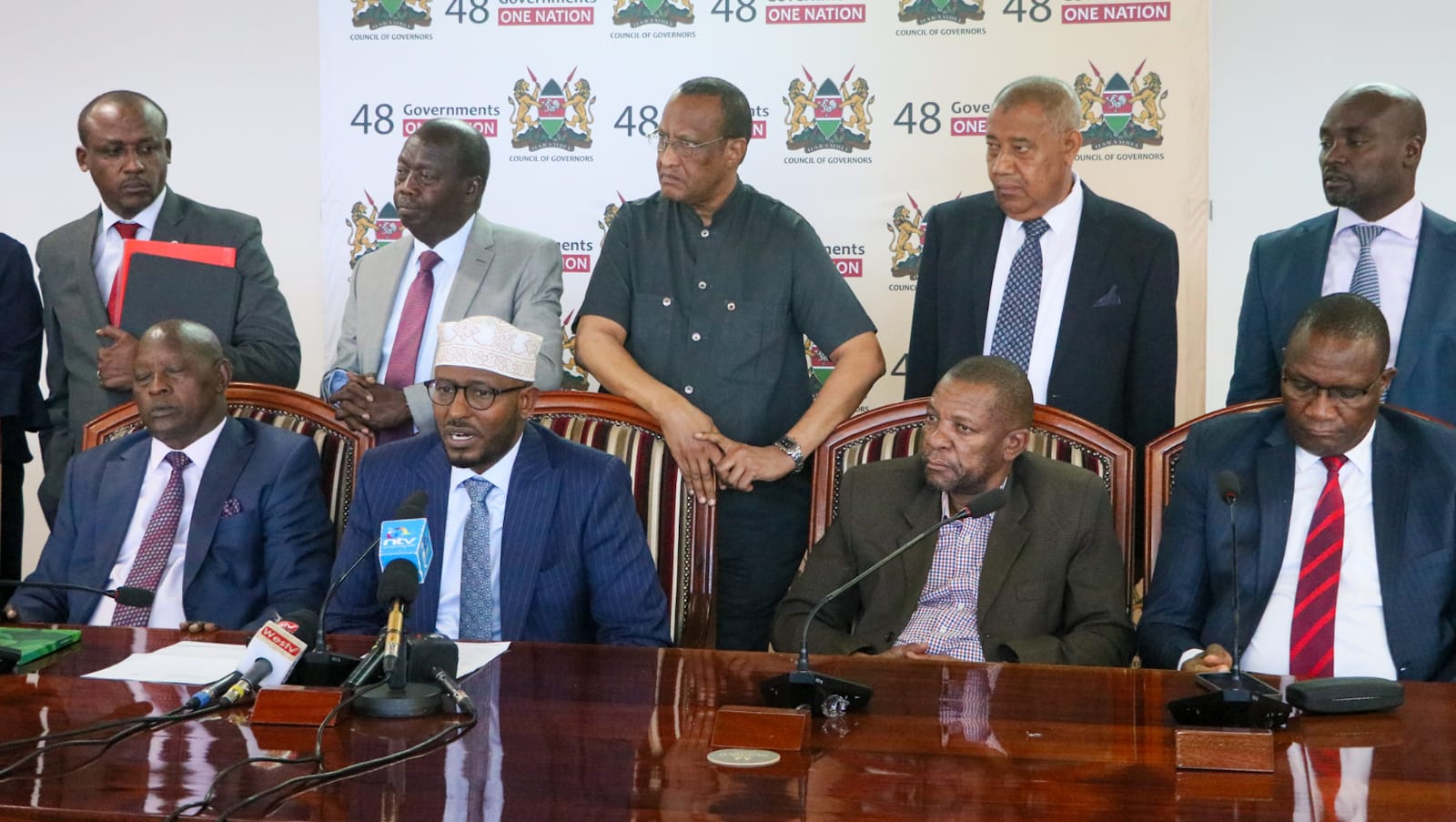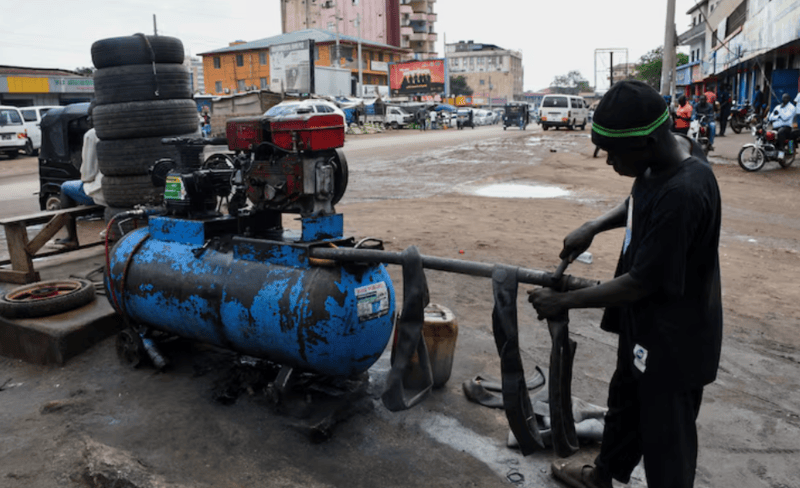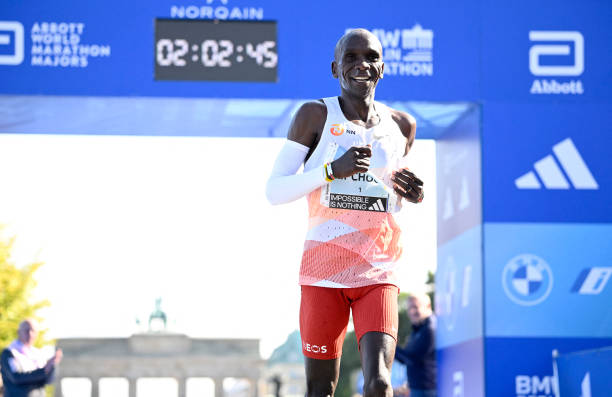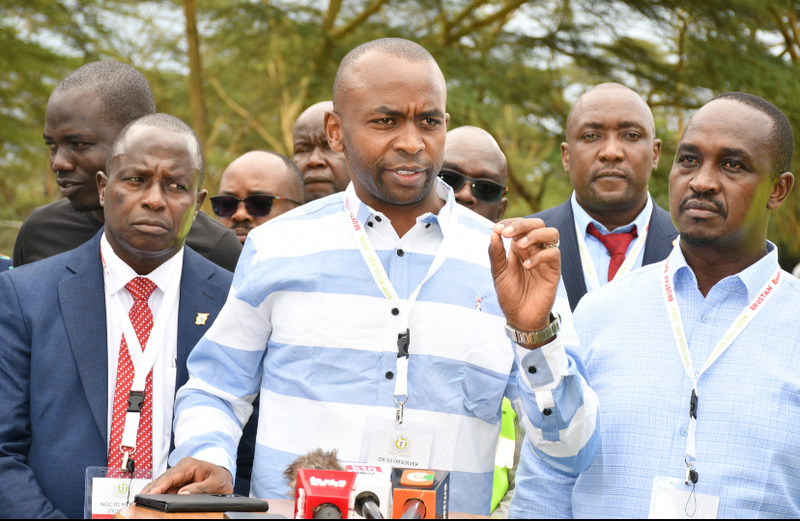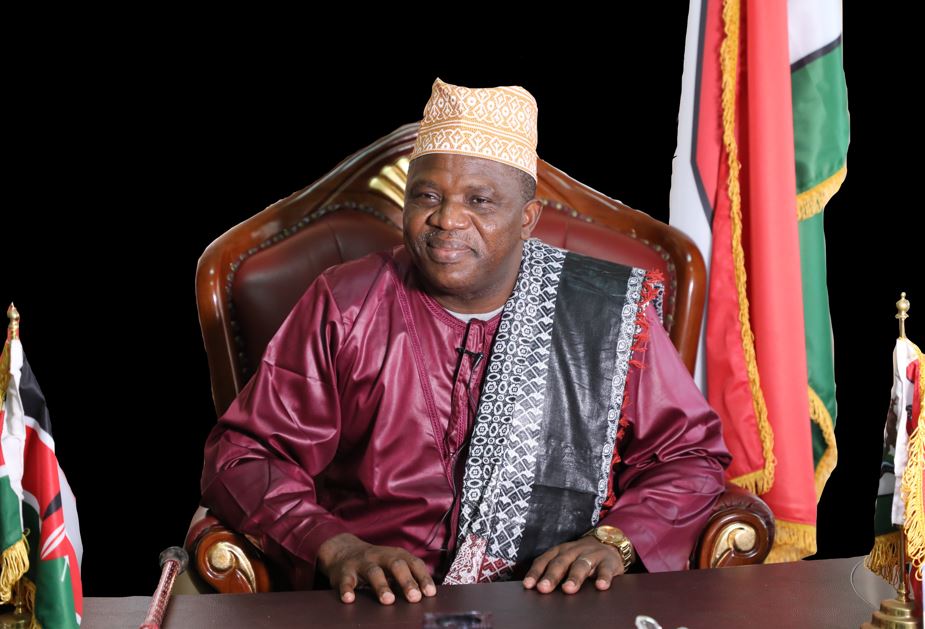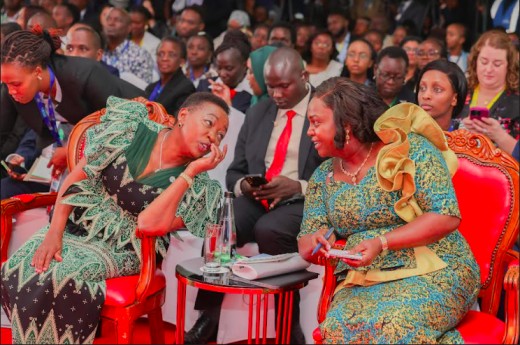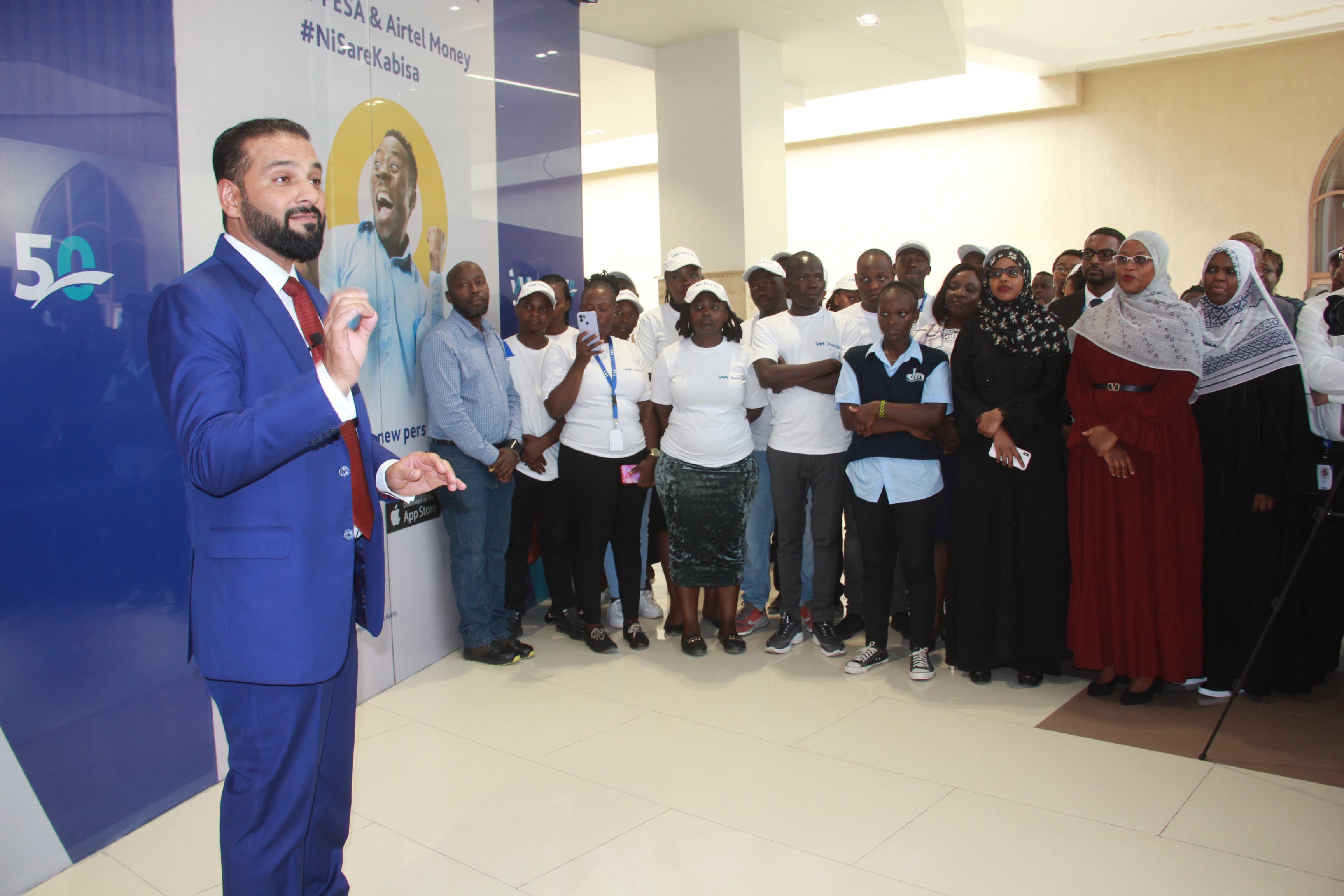All eyes on CJ Koome as Kenyans await appointment of deputy president
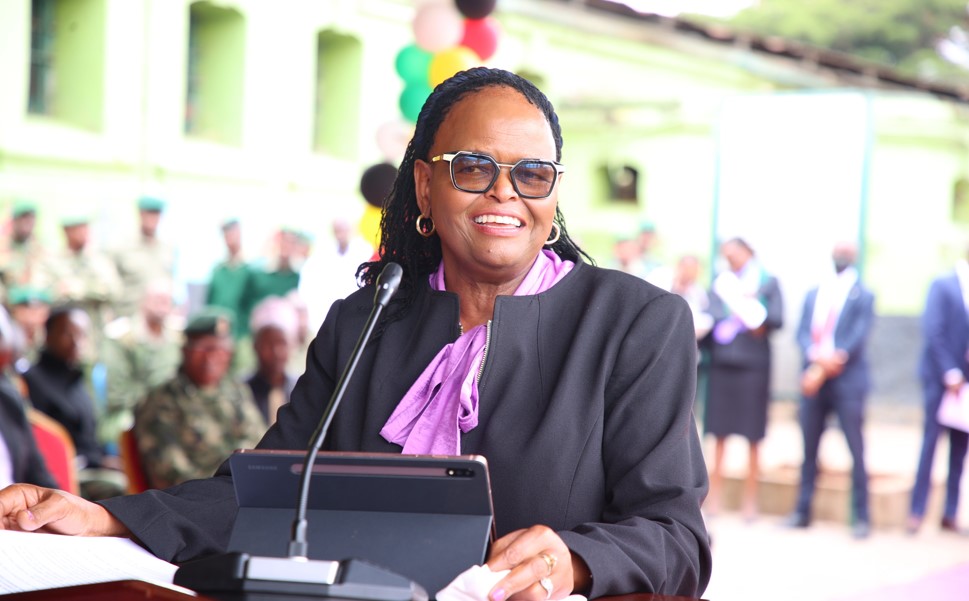
In his order, Justice Mwita stated that no appointments should be made to replace Gachagua until October 24, 2024.
Chief Justice Martha Koome finds herself at the centre of a political and legal storm following recent developments surrounding the impeachment of Rigathi Gachagua as Deputy President and the nomination of Kithure Kindiki to replace him.
On Friday, the High Court suspended the appointment of a new deputy president just hours after the Senate upheld Gachagua's ouster, with Members of the National Assembly subsequently voting in support of the nomination.
More To Read
- High Court orders police to produce missing Mlolongo 4 abduction victims, dead or alive
- Lawyer Nelson Havi demands CJ Koome resign in two days over claims of rot in Judiciary
- Kindiki leads talks to expand markets for Kenyan tea exports
- Stop spreading falsehoods and respect leaders, Kindiki tells Gachagua
According to law, the Chief Registrar of the Judiciary is required to administer the oath of office to the Deputy President designate in the presence of either Chief Justice Koome or Deputy Chief Justice Philomena Mwilu.
With the nomination of Kindiki as the new Deputy President nominee now in limbo, questions arise regarding the Chief Justice's next steps.
If Chief Justice Koome proceeds with Kindiki's swearing-in, she risks undermining the authority of the Judiciary and defying an order issued by Justice Chacha Mwita, and a similar one issued in Kirinyaga by Justice Richard Mwongo who also stopped Kindiki from assuming office. The judge also directed the matter to be mentioned on October 24.
Justice Mwita said Gachagua’s petition raised substantial questions of law and public interest.
The Chief Registrar of the Judiciary has already received Justice Mwita's order, which was made after Gachagua filed an urgent case challenging the Senate's decision.
In his order, Justice Mwita stated that no appointments should be made to replace Gachagua until October 24, 2024.
He has referred the matter to Chief Justice Koome, who is expected to empanel a bench to address the serious issues raised by Gachagua's case.
Further directions are set to be issued on that date.
Gachagua maintains that the charges against him lack merit, asserting that the Senate failed to act as an impartial arbitrator.
He argues that the evidence presented was insufficient to justify his impeachment, claiming that it did not meet the legal standard established in the Martin Wambora case.
This precedent asserts that impeachment allegations must be serious, substantial, and clear.
"Unfounded and false allegations have been made against me in the impeachment motion before both houses. It would be in the interest of justice that such false information be corrected in line with the provisions of Article 35 of the Constitution," Gachagua says in his legal documents.
On Thursday night, a significant majority of senators — 53 out of 66 — voted to uphold the impeachment motion initiated by Kibwezi MP Mwengi Mutuse.
Since Gachagua's ouster, five additional applications have been filed, including those by Sheria Mtaani, 30 petitioners from the Mt Kenya Region, and others seeking legal redress in different courts.
Justice Lawrence Mugambi, in a related matter filed by Sheria Mtaani's advocate Shaddrack Wambui, noted that the court had already addressed similar issues regarding Gachagua's impeachment.
He recommended that these matters be forwarded to Chief Justice Koome for her consideration in appointing a suitable bench to resolve the ongoing legal disputes.
Top Stories Today
